What is an IOI in Mergers & Acquisitions?
In mergers and acquisitions, an Indication of Interest (IOI) signals early intent from a prospective buyer. It’s typically the first step toward a formal offer, allowing both sides to explore the potential deal without commitment.
Understanding IOIs gives business owners a clearer view of buyer qualifications, purchase expectations, and deal structure. An indication of interest helps streamline communication, manage expectations, and set the stage for deeper negotiations, making it a critical component in successful M&A planning.
What Is the Purpose of an IOI?
An Indication of Interest serves as a non-binding proposal submitted by a potential buyer early in the M&A process. It outlines the buyer’s preliminary interest in acquiring a company and typically includes a broad purchase price range and basic deal terms.
So, what is an IOI’s role in a transaction? It acts as a screening tool, helping sellers assess buyer seriousness, financial capacity, and alignment with business goals before moving into deeper discussions. By clarifying intent early, an indication of interest helps both parties save time and focus negotiations more efficiently.
Key Components of an IOI
An effective IOI includes a few essential elements that help sellers evaluate a buyer’s fit:
Purchase Price Range: A broad valuation estimate, typically provided as a range rather than a single figure
Deal Structure: Notes on how the buyer intends to fund the deal (cash, stock, earn-outs, etc.)
Financing Details: Whether the buyer has committed capital, bank support, or requires third-party financing
Timeline and Process: A general outline of the buyer’s process and anticipated closing schedule
Due Diligence Scope: What documents or data the buyer needs to move forward
Each component gives sellers insight into the buyer’s readiness and intent without requiring full due diligence at this stage.
Benefits and Challenges of Using an IOI
IOIs offer several advantages to both buyers and sellers. From the seller’s perspective, they:
Filter out less serious or misaligned buyers
Create early price and structure benchmarks
Allow for a controlled and competitive process
However, IOIs are non-binding by nature. One challenge is managing the risk of buyers submitting overly aggressive terms to gain access before revising them during later stages. That’s why sellers should evaluate each IOI carefully with professional guidance to interpret the real signals behind the offer.
IOI vs. LOI: Understanding the Differences
An IOI and an LOI (Letter of Intent) are often confused, but they serve distinct purposes in M&A.
An IOI is submitted early and expresses preliminary interest with general terms. It’s non-binding and allows for flexible discussion. In contrast, an LOI is typically delivered after preliminary due diligence and outlines more specific terms. While still largely non-binding, LOIs often include exclusivity periods and signal that the deal is moving toward final documentation.
Knowing these differences helps sellers prepare for each step in the process and anticipate the level of commitment they can expect.
Why Expert M&A Guidance Is Essential
Navigating indications of interest and the broader M&A landscape requires experience. A well-prepared IOI process ensures you engage with the right buyers, avoid common missteps, and position your business for optimal value.
That’s where Purpose Equity comes in. We specialize in sell-side advisory services that guide business owners through each stage, from evaluating IOIs to negotiating LOIs and closing the deal. With our team by your side, you gain confidence and clarity at every turn.
Navigate Your Exit With Confidence
A clear understanding of an IOI helps sellers set the foundation for a successful M&A outcome. Whether you’re preparing for a sale or actively engaging buyers, knowing how to assess and respond to an indication of interest can protect your value and streamline the process.
If you’re exploring exit planning for business owners and want expert insight into evaluating offers and managing deal flow, Purpose Equity can help. Contact our team to learn how our sell-side advisory services support your next move with strategy and precision.
Image Source: Inside Creative House/Shutterstock

